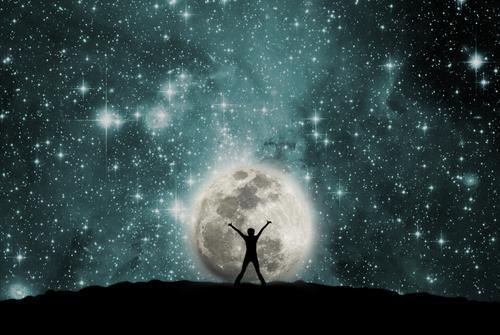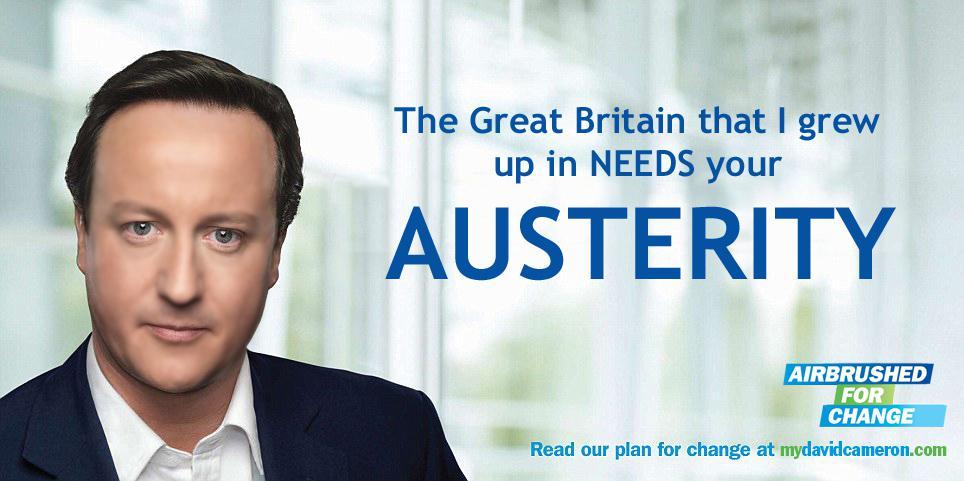 A version of this article was first published on Positive News here.
Is our underlying nature abundant or austere? Most politicians tell us the solution to our economic woes and other challenges is to cut public services while making people and nature work harder in the global economy. But if we look at how ecosystems function we find generalities that suggest abundance is the Earth’s natural state and the key to civilisation’s success is working with it, not cutting it off. 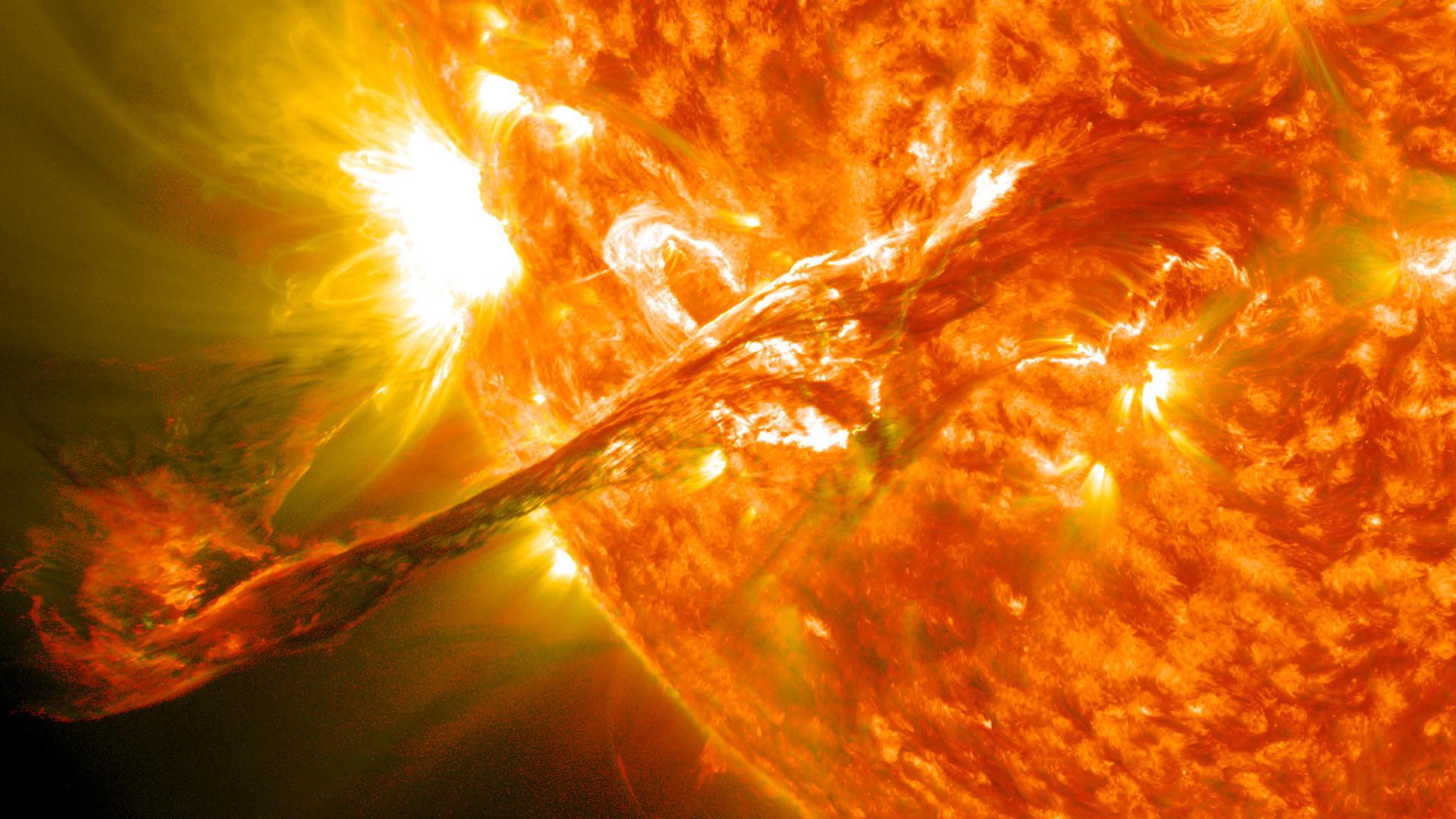Life on Earth is tenacious and exuberant. Everything is powered by a seemingly endless gift from a vast, mysterious orb. The sun’s prerogative is to throw out photons with such consistent generosity that a process as slow as life can depend on it, for billions of years. As life has become more complex it has captured more of the energy sailing through space and drawn it down into the seething layer of life on our planet.
At the beginning, the biosphere (the global sum of all ecosystems) was simple, but it has grown steadily more complex as evolution has generated new forms of life. Eventually, single-celled creatures clumped together to make tubes. Sucking in energy at one end and excreting from the other is a fundamental that hasn’t changed as vertebrates emerged which, after 4 billion years, grew nipples, hair, big brains and invented fear, money, time and scarcity. ![evolution] Life creates the conditions that allow life to thrive. The biosphere has created soil, a chemically active atmosphere, fossil fuels and everything our civilisation depends upon. But human consciousness throws up a systemic anomaly in the progress of life on the planet. Unlike other organisms, which innately support the ongoing evolution of life, we have choice. We can cut down the Amazon to mine oil, dump coal in the Great Barrier Reef and extract all the fish from the sea, or we can choose to be compassionate, ecological and live in a way that supports life.
The problem is that the global economy itself is not conscious. In a very real sense it is insane – we trade the living land for dead money and sit clutching our coins waiting for the reaper. If we work in this economy unquestioningly are we insane too? If we choose another way, what options are available to us? 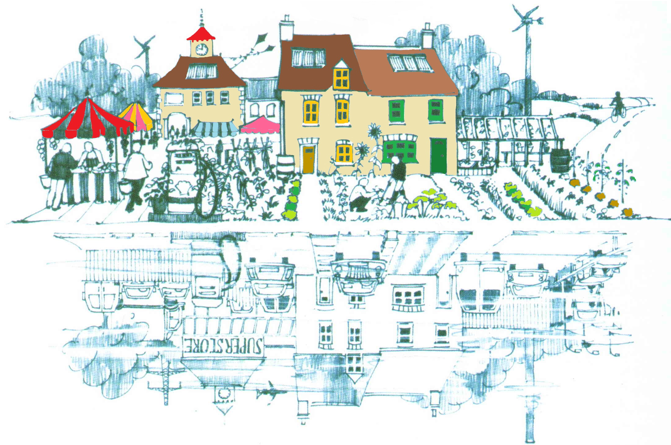Transition Towns, New Earth Communities and other conscious communities worldwide are demonstrating new ways to live and organise ourselves. They advocate for us to move away from notions of fear and scarcity and the hoarding that come with them, and build new economies that are more abundant, equitable and ecological. 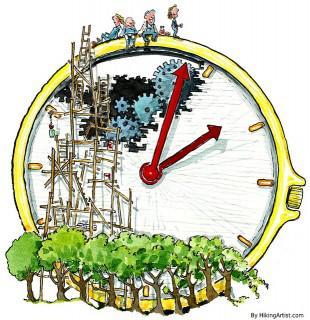The New Economics Foundation details how such economies could work. For example, they just published a book cataloguing diverse research that shows how a shorter working week would help tackle urgent problems that beset our daily lives – from overwork, unemployment and low wellbeing, to needless high-carbon consumption and the lack of time to live sustainably. Less work for purely economic gains would allow us more time to care for our families and communities, grow more food ourselves and, slowing the economy, give Gaia a break.
SUPPORTED BY ECO REBELS LIKE YOU
Support independent eco journalism that drives real change.In a less competitive economy where people are happier, we might also vote for a Universal Citizen’s Income that would redistribute to the poorest and stimulate creativity across society. Freed from the bondage of the endless growth economy, what else might we do?
Other indicators of a conscious shift towards abundance abound, not least with Lily Cole’s Impossible – a social network based on a culture of giving and receiving freely, and the renewable energy investment platform Abundance, which enables people to get a better return from their investments, moving them to co-owned energy assets.
The energy and food crises that threaten to topple our teetering, skyscraper civilisation are human constructs. Our way out is re-imagining how we live, not doing more of what we were doing to cause the problems. A much greater proportion of the population being involved in the production of the food and energy they consume addresses multiple challenges. We can create life-sustaining employment and disempower the corporate behemoths chewing up nature.
We evolved out of a world that was just ready for us. Our success depends on us enabling planetary conditions to be sustained as they were when our species was born. This depends on humility or as anthropologist Gregory Bateson said: “I surrender to the belief that my knowing is a small part of a wider integrated knowing that knits together the entire biosphere or creation.” We must leave large swathes of our planet wild so that it can sustain itself. This can only happen if the global economy is reined in, tamed, guided, made more conscious. Environmentalism is giving way to something bigger and bolder. We are not just asking people not to drive anymore. Being ecological is about positive actions that nurture abundance, such as growing copious vegetables and giving them to the old lady who lives alone down the street. That builds community and reduces our need to rely on corporate food. And in being abundant ourselves, might we not fall in step with our mysterious universe – so perfectly poised for life – and contribute to the evolutionary destiny of our planet?
A more fulfilling world is imminently available to us and with a networked, collaborative effort we can rapidly get there. And why shouldn’t we have lofty ambitions? We are stardust waking up. Right here, right now.